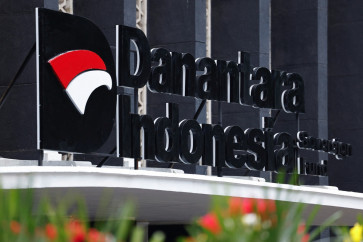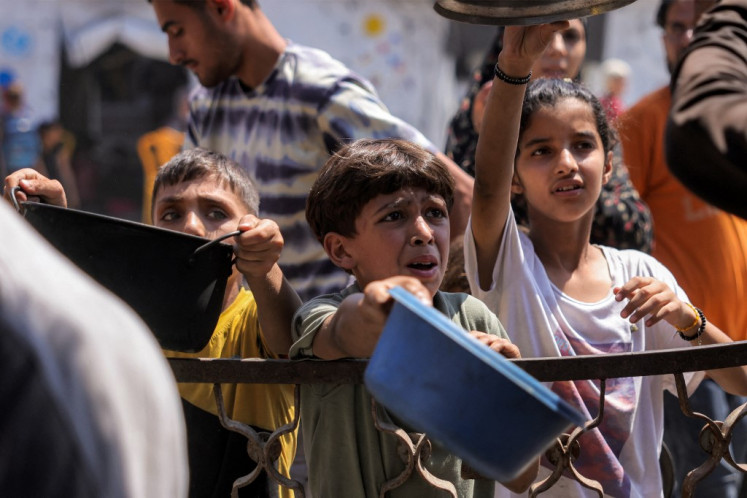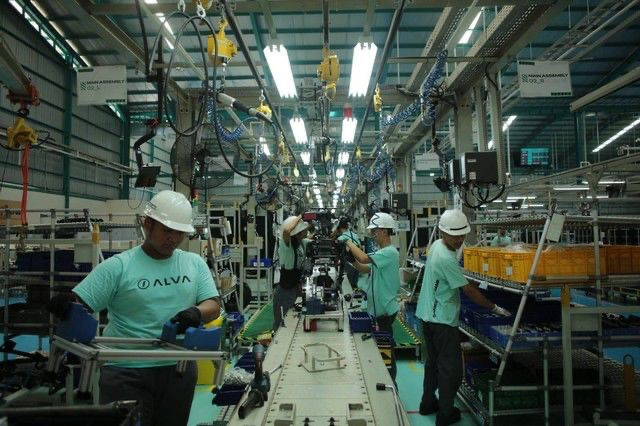Popular Reads
Top Results
Can't find what you're looking for?
View all search resultsPopular Reads
Top Results
Can't find what you're looking for?
View all search resultsMismanagement blamed for waste woes in Central Java
One local legislator says mismanagement is the reason why Central Java is facing a garbage crisis
Change text size
Gift Premium Articles
to Anyone
O
ne local legislator says mismanagement is the reason why Central Java is facing a garbage crisis.
Hadi Santoso, who leads a committee of the Central Java Legislative Council that is drafting a waste management bylaw, said that the province’s 29 regencies and 6 municipalities produced more than 16,600 cubic meters of trash a day.
The amount of garbage piling up at the province’s landfills amounted to 500 tons a day, according to official statistics, 58.19 percent of which is organic waste, 16.54 percent of which is inorganic and 8.25 percent plastic.
Most of the trash has not been sorted before it is dumped at the province’s overflowing landfills.
Waste management in Indonesia typically follows the open-dumping system, where waste is disposed without processing, for the benefit of scavengers. Consequently, waste further piles up as it fails to decompose or is ignored by scavengers.
“If this continues, it will pose problems, such as disease outbreaks, environmental damage and economic decline in the area where the landfill is located,” Hadi said.
The local legislator said that Law No. 18/2008 on waste management mandated provincial administrations to issue ordinances on waste handling and regional landfill management.
In Central Java, the administration has replaced open dumping with sanitary landfill management, burying trash below ground.
Joko Sutrisno, the head of the Central Java Environmental Agency, said that the volume of waste at local landfills had been rising.
The agency said that more than half of the province’s 57 landfills, including those in Kendal and Pekalongan regencies, would soon stop accepting trash after reaching capacity.
Meanwhile, new landfills are hard to find due to public protests and land acquisition problems.
Equipment problems have also delayed implementation of a sanitary landfill management system, while a lack of public awareness on the need to sort trash has also led to the deterioration of the local trash situation.
In the meantime, local residents continued to dump their waste carelessly, wither burning it or throwing it into nearby rivers.
The Central Java Legislative Council plans to pass up a waste management bylaw in April. “Currently, we’re formulating the bylaw together with various stakeholders, such as academics, government institutions and members of the public,” Hadi said.
To implement the bylaw, the provincial administration might adopt the policies of other provinces that have been successful in waste management.
In Badung regency in Bali, for example, initiated a “Anti-Plastic Waste Movement” (Gelatik), working with local firms to minimize plastic use and to promote the use of degradable plastic.
Meanwhile, the nation’s second-largest city, Surabaya, East Java, introduced a successful “Zero-Trash Campaign” in neighborhoods that are not served by garbage collectors.










